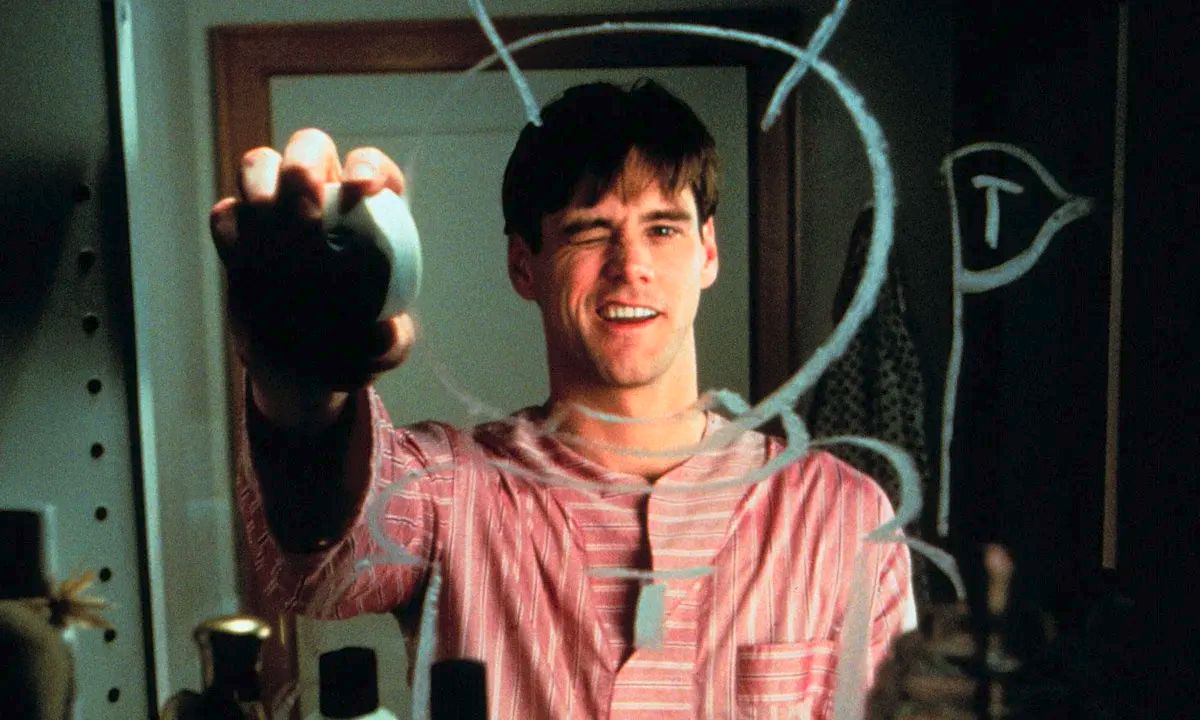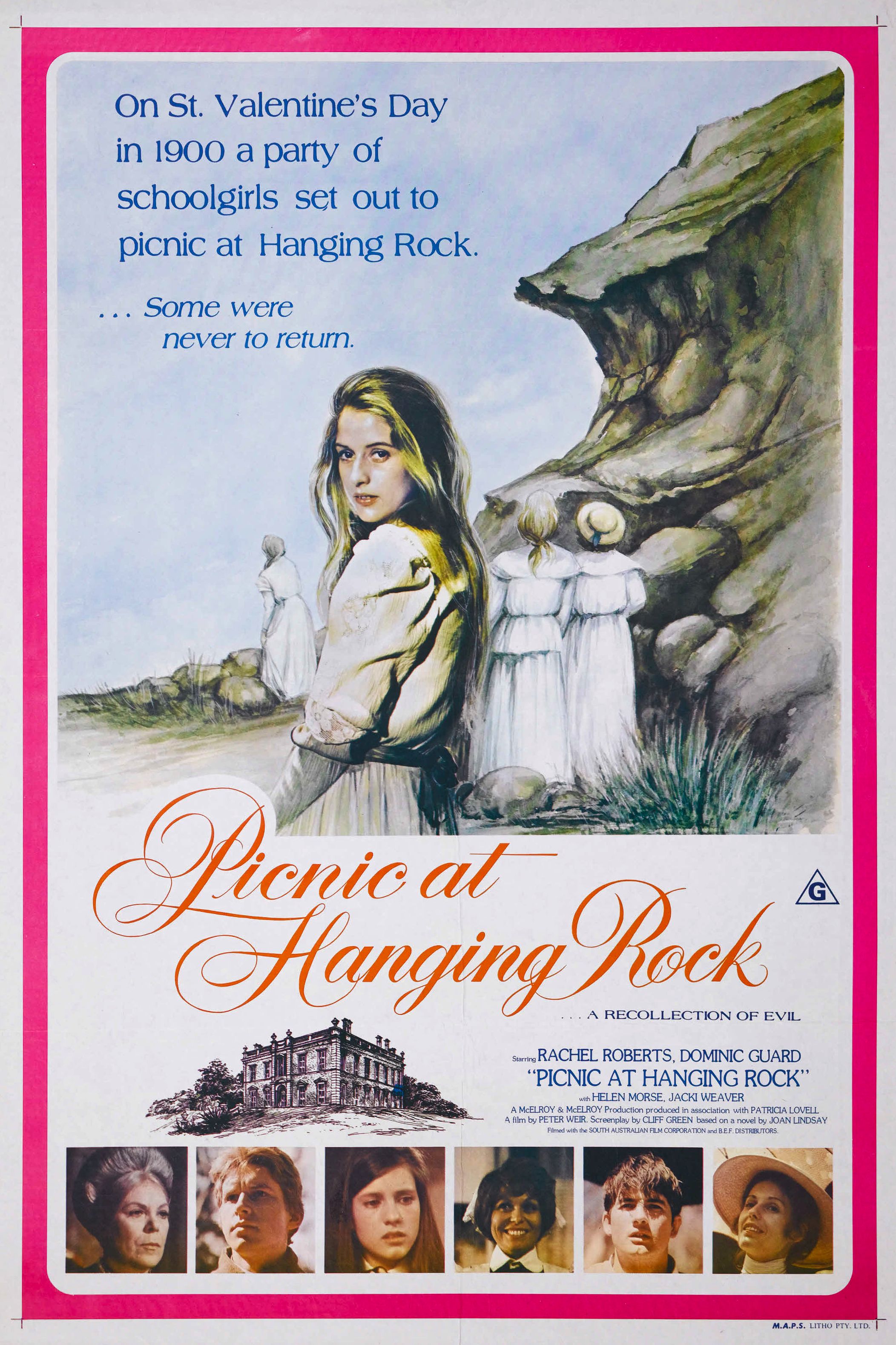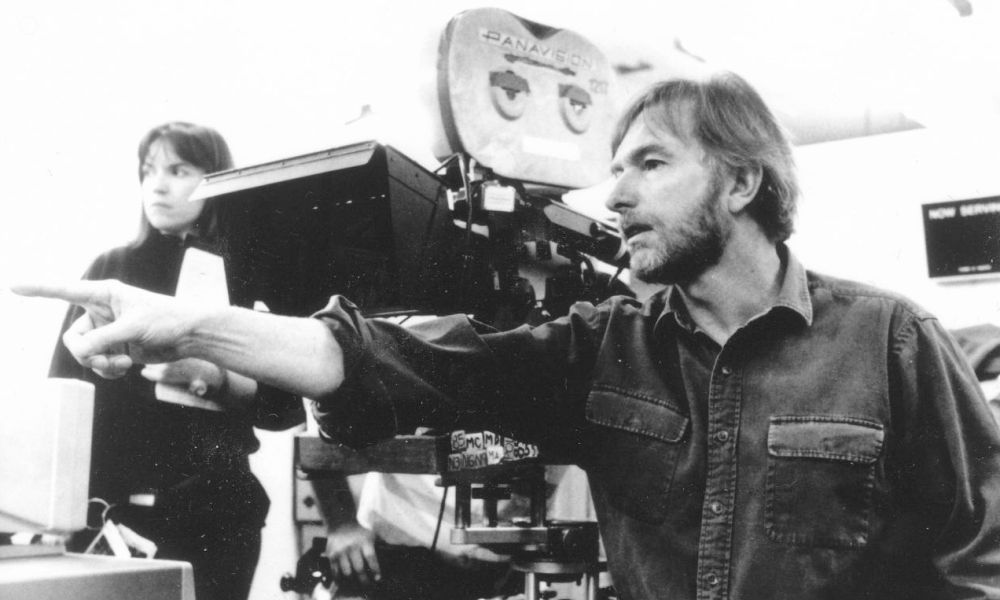"Weir's contribution to the Australian film renaissance of the late 1970s lies in his ability to portray the imminent disruption of the rational world by irrational forces hovering just beyond our mundane lives. His reputation as the most stylish of the new Australian directors is built on his charting of that country's landscape and cultural oddities with a sense of wonder." - Karen Jaehne (The Virgin International Encyclopedia of Films, 1992)
Peter Weir
Director / Screenwriter / Producer
(1944- ) Born August 21, Sydney, New South Wales, Australia
Top 250 Directors
(1944- ) Born August 21, Sydney, New South Wales, Australia
Top 250 Directors
Key Production Countries: USA, Australia
Key Genres: Drama, Psychological Drama, Comedy, Romance, Disaster Film, Romantic Drama, Mystery, Coming-of-Age, Adventure Drama, Adventure
Key Collaborators: Russell Boyd (Cinematographer), William Anderson (Editor), Maurice Jarre (Composer), Jim McElroy (Producer), John Seale (Cinematographer), John Stoddart (Production Designer), Harrison Ford (Leading Actor), Mel Gibson (Leading Actor), Ed Harris (Leading Actor), Duncan Henderson (Producer), Hal McElroy (Producer), Edward S. Feldman (Producer)
Key Genres: Drama, Psychological Drama, Comedy, Romance, Disaster Film, Romantic Drama, Mystery, Coming-of-Age, Adventure Drama, Adventure
Key Collaborators: Russell Boyd (Cinematographer), William Anderson (Editor), Maurice Jarre (Composer), Jim McElroy (Producer), John Seale (Cinematographer), John Stoddart (Production Designer), Harrison Ford (Leading Actor), Mel Gibson (Leading Actor), Ed Harris (Leading Actor), Duncan Henderson (Producer), Hal McElroy (Producer), Edward S. Feldman (Producer)
"A natural film-maker, Peter Weir displays an uncanny command of mood, pace, and nuance, creating a symphony of moving images... Weir's cinema arguably lacks the profundity (and certainly the solemnity) of Andrei Tarkovsky's, but their films share an aura of spirituality." - Ronald Bergan (Film - Eyewitness Companions, 2006)
"Peter Weir helped spearhead the Australian New Wave with a handful of shorts and his feature debut, the sideways thriller The Cars That Ate Paris (1974). But it was the haunting and enigmatic Picnic at Hanging Rock (1975) that introduced Weir to wider audiences... Average people cast into odd or often unusual circumstances is a theme Weir would gravitate toward again and again in future projects, with his protagonists often outsiders trying to make sense of strange new worlds." - Joshua Klein (501 Movie Directors: A Comprehensive Guide to the Greatest Filmmakers, 2007)

The Truman Show (1998)
"The best-known director to emerge from the New Australian Cinema of the '70s, Peter Weir has repeatedly proved himself an efficient, ambitious talent. But his pretensions would appear greater than his achievements: attempting to explore the irrational mysteries that underlie civilisation, and the gulf between primitive and modern cultures, he rarely rises above woolly generalisations... Weir seems too wary of approaching his films intellectually to cope properly with the complex themes which attract him. If he is never less than a slick, proficient entertainer, the lack of depth in his work suggests that he may never be a great director." - Geoff Andrew (The Film Handbook, 1989)
"Peter Weir helped to define the rebirth of Australian cinema, while addressing some of the most pressing concerns of the nation in the 1970s and 1980s. His intriguing images of Australia, evocative and transcendent, made an impact in the international art house scene, eager for compelling visions of geo-political areas and cultures overlooked by mainstream cinema. After achieving international recognition as an emblematic Australian filmmaker, Weir made his transition to Hollywood while maintaining a sense of experimentation and artistic exploration. His films, including his Hollywood ones, can not be pigeonholed in terms of themes, genres or geographical locals; but they do display an approach to filmmaking, a sensibility, a drive, that amount to one of the most searching trajectories in contemporary cinema." - Romy Sutherland (Senses of Cinema, 2005)
"For the viewer, one of the great pleasures of Weir's films is to take up his textual invitation and read them actively, and indeed, even selectively. For both the viewers and the central characters of Weir's films alike, there is always a requirement to try and move beyond narrow understandings and definitions of cultures and identities". - Ros Jennings (Fifty Contemporary Filmmakers, 2002)
"Having found early success in his home country, he moved to Hollywood, where his characteristic themes of physical and cultural isolation, and the mysteries of the natural world, were used to good effect in numerous mainstream productions." - Chambers Film Factfinder, 2006
"One of the best of Australia's 1970s 'New Wave' directors and something of a poet of emotional and physical claustrophobia. Weir is adept at maintaining the basic integrity of his films while still securing success at the box office." - Mario Reading (The Movie Companion, 2006)
"Peter Weir is the most important of that group of young film-makers who put the Australian cinema on the international movie map for the first time in the mid-70s." - Joel W. Finler (The Movie Directors Story, 1985)
"Even on my first American picture, Witness, I did the post in Australia. It was more comfortable, and I preferred to keep my distance from Hollywood. I liked—and still like, I suppose—the feeling of being a foreigner to the United States, which is why it was important to me never to live there." - Peter Weir (DGA, 2010)
Selected Filmography
{{row.titlelong}}
Peter Weir / Fan Club
David Stratton, Evan Williams, Keith Connolly, Baltasar Kormákur, Justin Kurzel, Marc Webb, Laura Kern, Ailton Monteiro, Fernando G. Varea, Shusuke Kaneko, Dariusz Kuźma, Hope Dickson Leach.
David Stratton, Evan Williams, Keith Connolly, Baltasar Kormákur, Justin Kurzel, Marc Webb, Laura Kern, Ailton Monteiro, Fernando G. Varea, Shusuke Kaneko, Dariusz Kuźma, Hope Dickson Leach.
"Fan Club"
These film critics/filmmakers have, on multiple occasions, selected this director’s work within film ballots/lists that they have submitted.
These film critics/filmmakers have, on multiple occasions, selected this director’s work within film ballots/lists that they have submitted.


